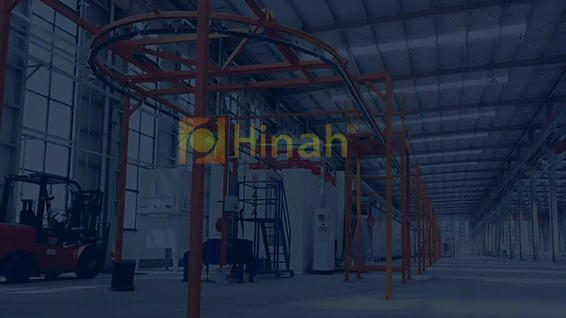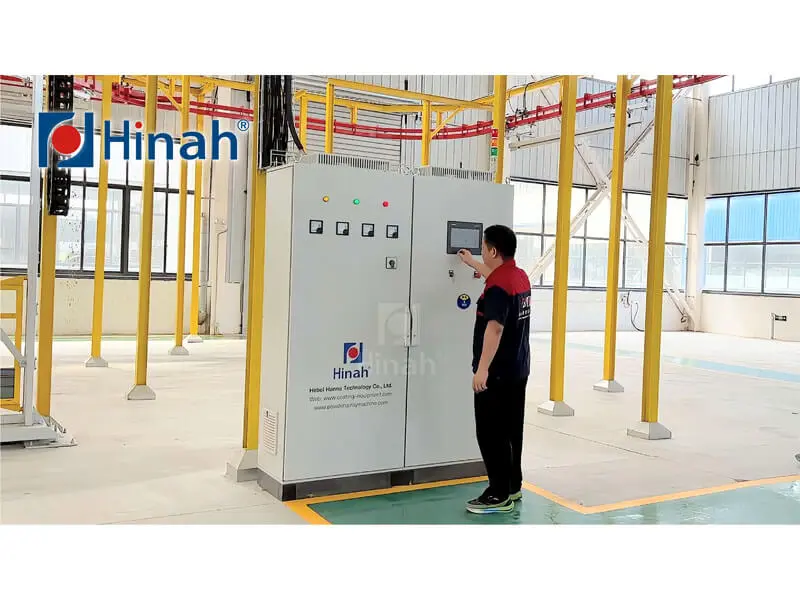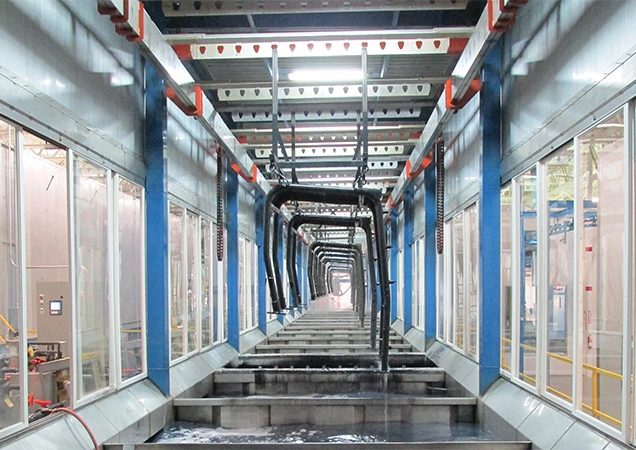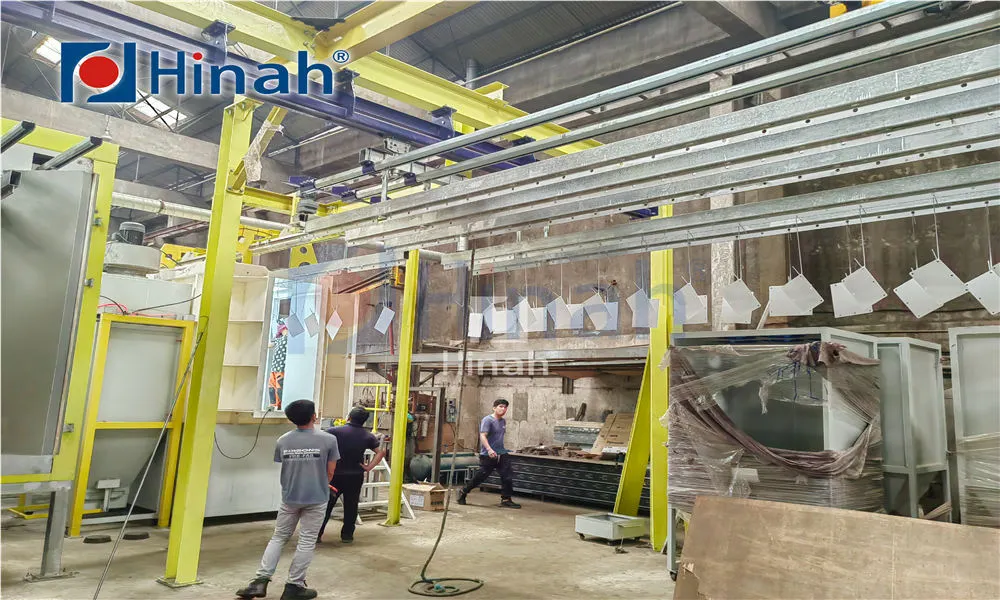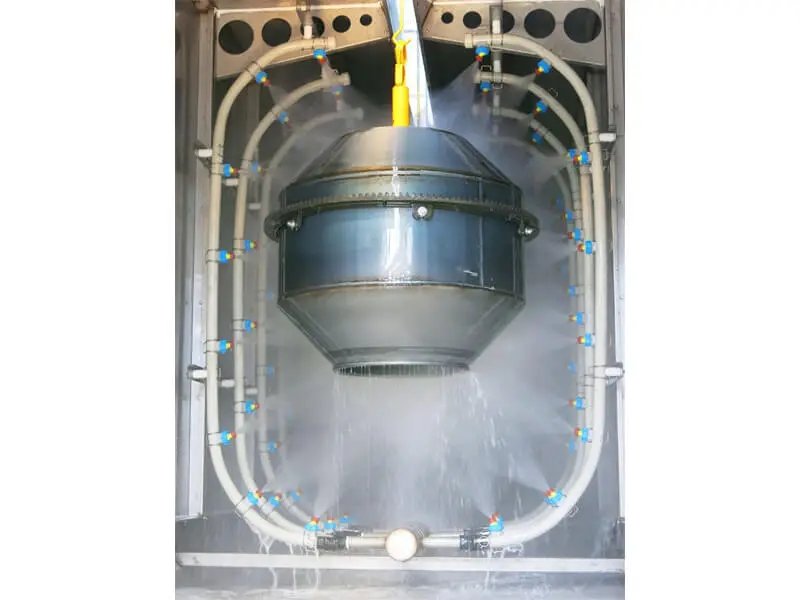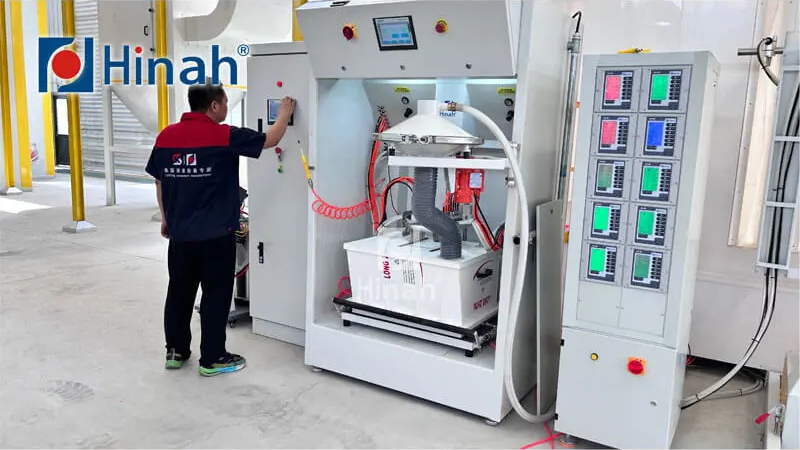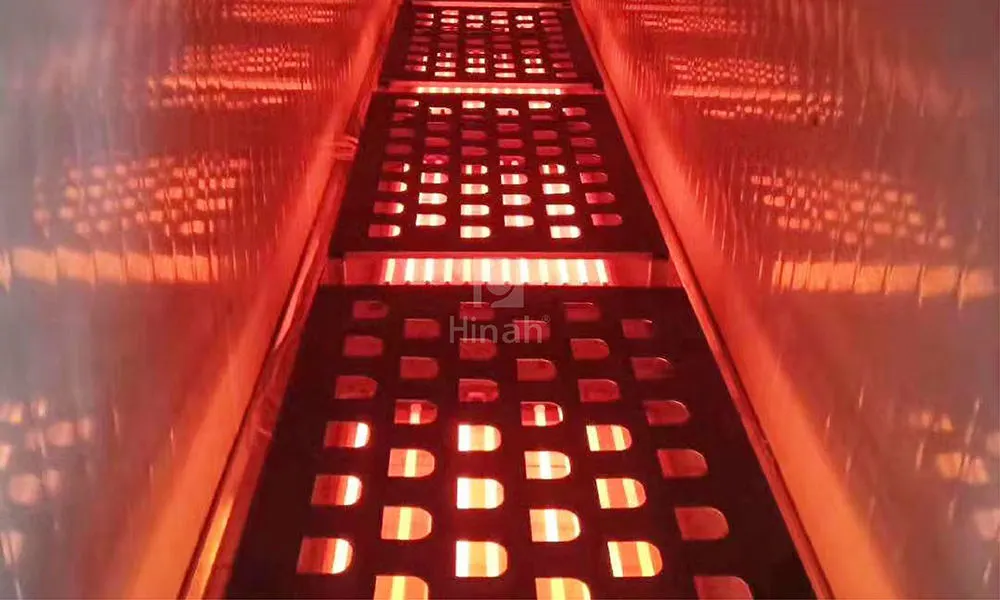When it comes to industrial finishing processes, selecting the right powder coating oven manufacturers is crucial for ensuring efficiency, durability, and quality in your operations. Powder coating ovens are integral to various industries, from automotive to furniture manufacturing, providing a robust and eco-friendly alternative to liquid painting. These ovens cure powder-coated surfaces, creating a hard, attractive finish that resists corrosion, chipping, and fading. However, not all manufacturers are created equal, and making an informed choice can save you time, money, and headaches down the line. In this article, we'll explore essential factors to consider, delve into different aspects of powder coating systems, and address common questions and issues that arise in powder coating manufacturing. Whether you're upgrading existing equipment or starting from scratch, understanding these elements will help you navigate the market effectively and find a manufacturer that meets your specific needs.
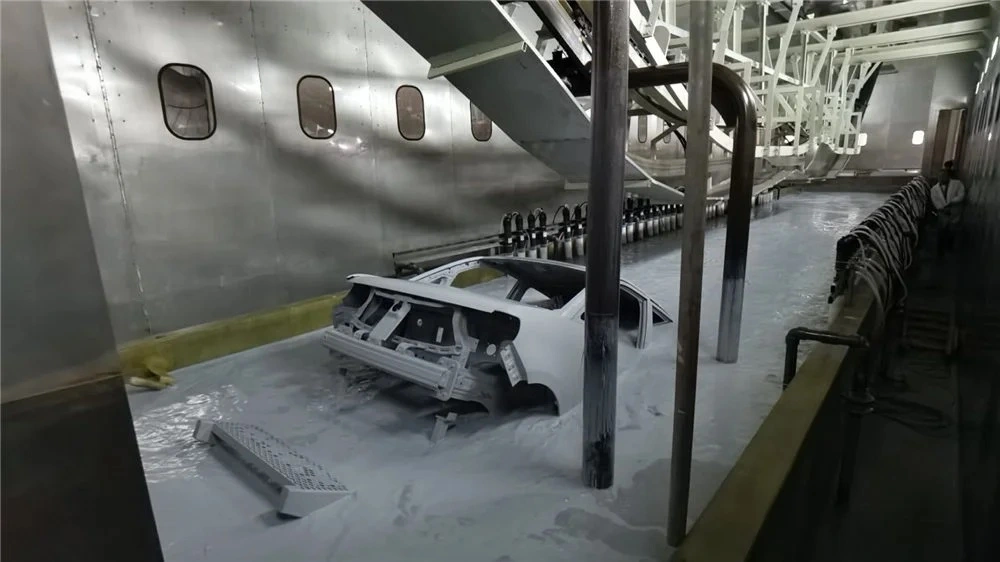
Understanding Powder Coating Ovens
Powder coating ovens are specialized heating units designed to cure powder-coated materials by melting and fusing the powder into a smooth, continuous film. This process typically occurs at temperatures between 300°F and 450°F, depending on the material and powder type. These ovens come in various configurations, including batch ovens for small-scale operations and conveyorized ovens for high-volume production lines. The efficiency of a powder coating oven directly impacts the quality of the finish, as uneven heating can lead to defects like orange peel or incomplete curing. When evaluating powder coating oven manufacturers, it's important to consider the oven's heating method—whether it uses electric, gas, or infrared systems—as each has its advantages in terms of energy consumption and heat distribution. Additionally, modern powder coating ovens often incorporate advanced controls for temperature and airflow, ensuring consistent results across different batches. Investing in a well-designed powder coating oven can enhance productivity and reduce waste, making it a cornerstone of effective powder coating manufacturing processes.
The Benefits of Custom Powder Coating Ovens
While standard powder coating ovens suit many applications, custom powder coating ovens offer tailored solutions for unique operational requirements. These bespoke systems are designed to fit specific spatial constraints, production volumes, or material types, such as handling large or irregularly shaped items. For instance, a custom powder coating oven might include specialized racks or conveyors to optimize workflow, or it could feature enhanced insulation for energy efficiency in harsh environments. Working with experienced powder coating oven manufacturers on a custom design allows you to address challenges like high humidity or limited floor space, ultimately improving overall efficiency. Custom powder coating ovens often integrate seamlessly with existing powder coating systems, providing a cohesive solution that minimizes downtime. Moreover, they can be built to meet stringent safety and environmental regulations, which is critical in industries like aerospace or medical device manufacturing. By opting for a custom powder coating oven, you not only achieve better performance but also future-proof your operations against evolving industry standards.
An Overview of Powder Coating Manufacturing
Powder coating manufacturing involves a multi-step process that starts with surface preparation and ends with curing in a powder coating oven. Initially, parts are cleaned and pre-treated to remove contaminants and ensure proper adhesion. This is followed by the application of electrostatically charged powder, which adheres to the grounded workpiece. The final step is curing, where the coated item is heated in a powder coating oven to form a durable finish. This method is favored over traditional painting because it produces less waste, as overspray can often be recycled, and it emits fewer volatile organic compounds (VOCs). In powder coating manufacturing, consistency is key, and the role of reliable powder coating oven manufacturers cannot be overstated. They provide the equipment that ensures even heat distribution and precise temperature control, which are vital for achieving uniform coatings. Furthermore, advancements in powder coating systems have led to innovations like UV-curable powders, which require lower temperatures and shorter cure times, expanding the possibilities for heat-sensitive materials. Understanding the entire powder coating manufacturing workflow helps in selecting the right partners and equipment for long-term success.
Applications of Powder Coating on Metal
Powder coating on metal is one of the most common applications, prized for its ability to provide a protective and decorative layer that withstands harsh conditions. Metals like steel, aluminum, and iron are ideal candidates because they conduct heat well, allowing for efficient curing in powder coating ovens. This process is widely used in industries such as construction, where it protects structural components from rust, and in consumer goods, where it adds aesthetic appeal. When implementing powder coating on metal, it's essential to consider factors like metal thickness and composition, as these can affect curing times and temperature requirements. For example, thicker metals may need longer exposure in the powder coating oven to achieve full cure, while alloys might require specific pre-treatment steps. Powder coating oven manufacturers often provide guidelines for optimal settings based on metal types, helping users avoid issues like under-curing or thermal distortion. Additionally, powder coating on metal can be combined with other finishes, such as primers or clear coats, to enhance durability and appearance. By mastering powder coating on metal, businesses can deliver products that excel in both performance and visual appeal, leveraging the strengths of modern powder coating systems.
Integrating Powder Coating Systems for Efficiency
A comprehensive powder coating system encompasses more than just the oven; it includes pre-treatment stations, application equipment, and post-curing handling mechanisms. Integrating these components seamlessly is essential for maximizing throughput and minimizing errors. For instance, a well-designed powder coating system might feature automated spray guns that adjust powder output based on part geometry, coupled with a powder coating oven that maintains precise temperatures for consistent results. When selecting powder coating oven manufacturers, it's wise to evaluate their ability to provide integrated solutions, as this can reduce compatibility issues and streamline maintenance. Modern powder coating systems often incorporate IoT sensors and data analytics to monitor performance in real-time, alerting operators to potential problems like filter clogs or temperature deviations. This proactive approach enhances reliability and reduces downtime in powder coating manufacturing. Furthermore, energy-efficient designs in powder coating systems, such as heat recovery units, can lower operational costs and environmental impact. By viewing the powder coating oven as part of a larger system, businesses can achieve a holistic improvement in their finishing processes, leading to higher quality outputs and greater customer satisfaction.
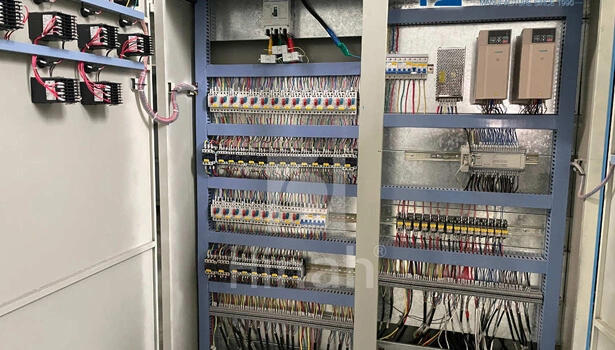
Common Issues with Powder Coating Ovens and How to Address Them
Despite their advantages, powder coating ovens can encounter several common problems that affect performance and product quality. One frequent issue is uneven heating, which results in inconsistent curing and defects like blisters or poor adhesion. This often stems from inadequate airflow or malfunctioning heating elements, and it can be mitigated by regular maintenance and calibration of the powder coating oven. Another challenge is contamination, where dust or oils infiltrate the oven, causing imperfections in the finish. Implementing strict cleaning protocols and using high-quality filters in powder coating systems can help prevent this. Energy inefficiency is also a concern, especially with older models; upgrading to modern, insulated ovens from reputable powder coating oven manufacturers can reduce costs and environmental footprint. Additionally, safety hazards such as fire risks or fume buildup require proper ventilation and compliance with industry standards. When dealing with custom powder coating ovens, ensure that designs include safety features like emergency shut-offs and temperature monitors. Lastly, compatibility issues with new powder formulations may arise, so it's important to work with powder coating oven manufacturers who offer adaptable equipment. By addressing these common issues proactively, businesses can maintain smooth operations and extend the lifespan of their powder coating manufacturing infrastructure.
In conclusion, choosing the right powder coating oven manufacturers involves careful consideration of your specific needs, from standard ovens to custom powder coating ovens and integrated powder coating systems. By understanding the intricacies of powder coating manufacturing and applications like powder coating on metal, you can make informed decisions that enhance efficiency and quality. Remember to address common issues through regular maintenance and partner with manufacturers who prioritize innovation and support. With these insights, you're well-equipped to invest in equipment that will drive your business forward in the competitive world of industrial finishing.


